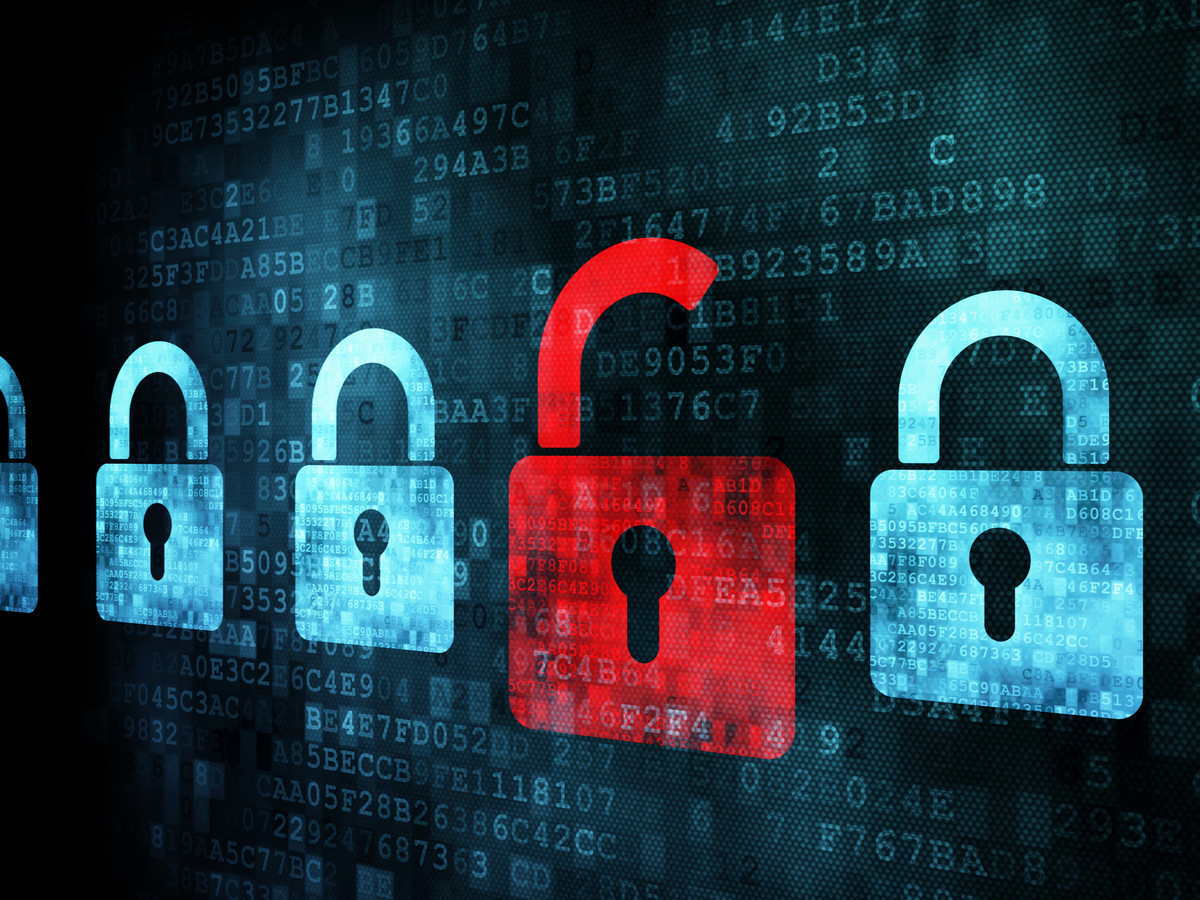Strong case for protecting personal info


Several celebrities who recently spoke out against cat-abuse videos that are viral on social networking sites have had their personal information sold online.
The Civil Code, Personal Information Protection Law, and Cybersecurity Law all have clear provisions regarding the protection of privacy and personal information of individuals. Even the privacy of celebrities, who are public figures, is protected under the law. Those maliciously exposing the celebrities' personal information are breaking the law and risk facing criminal charges.
The question is how exactly do the violators lay their hands on celebrities' personal information such as ID card details, phone numbers and social security numbers?
To cut off the claws of such privacy breaches, we need to closely monitor those publishing such data and plug the leak at its source. In recent years, there have been many instances of people hacking, stealing and leaking personal information. These problems need to be addressed at the root.
To crack down upon privacy breaches, we need to delve deeper into this illegal network. Privacy breaches contribute to frauds and extortions, infringing upon the property and financial security of citizens. The existence of buyers necessitates the presence of sellers.
By insisting on comprehensive governance across the entire chain, cracking down on each step of the "theft-trading-purchasing" process, we can ensure better protection of personal information security.
Privacy protection is not only a matter for celebrities but also closely related to every individual. If criminals engaging in illegal activities are allowed to go unpunished, it may create a "broken window effect" in terms of information leak, gradually eroding the sense of security among the public.
It is hoped that the authorities will handle the information leaks with the seriousness they deserve. This will serve as a deterrent and establish robust rules and legal safeguards for personal privacy.































